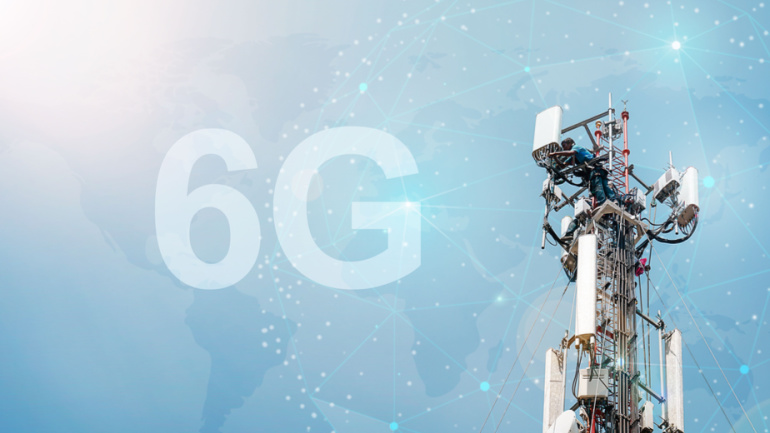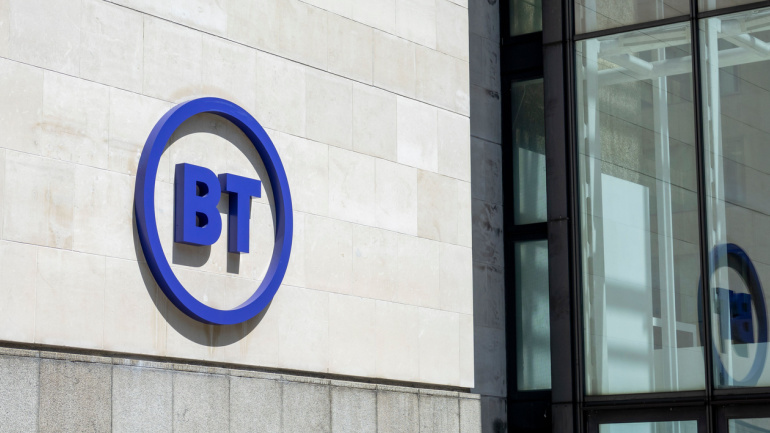Ofcom delves into an investigation concerning BT’s recent 999 emergency call service outage. BT’s back-up system reportedly failed in providing efficient location data, intensifying the emergency identification process. This significant service disruption stirred discussions in Parliament, with technology minister Lord Camrose emphasizing the company’s delayed communication to the government about the issue. While BT extended an apology planned a full internal investigation, Ofcom’s survey will spotlight possible breaches of regulatory norms mandating constant network access to emergency organizations. The potential consequences are yet unclear.
BT launches a campaign for their Digital Voice Service, aiming to replace analogue landlines with VoIP technology in a “once-in-a-generation upgrade.” The project targets a simple switch for most customers, with a comprehensive education and reassurance strategy to address concerns.
BT’s Digital Unit achieves a milestone as the first telco to complete the EDM Council cloud assessment, paving the way for efficient data management and strategic cloud implementations while ensuring data protection and control.
Keysight and Nokia Bell Labs collaborate to tackle high-frequency challenges in mobile technology, exploring the potential of D-band and E-band frequencies, dubbed “subterahertz,” for 6G applications such as augmented reality and autonomous transportation.
BT’s Immersive Spaces solution, developed with virtual training specialist Immersive Interactive, uses cutting-edge technology to turn walls and floors into interactive surfaces displaying cloud-stored experiences. Compatible with VR, AR, and XR, the technology holds promise in revolutionizing training and development across various industries.
Altice UK increases its stake in BT to 24.5%, fueling speculation about the company’s intentions. Despite no current plans for acquisition, the move highlights the shifting landscape of the telecommunications industry and the growing trend of insiders acquiring significant stakes in UK telco groups.
BT unveils plans to reduce workforce by 40% and expand FTTP network, aiming for millions more retail fiber customers and significantly increased 5G coverage. Amid mixed financial results, the company’s transformation strategy seeks a leaner structure and a brighter future.
BT and ServiceNow join forces to launch a contact-centre-as-a-service (CCaaS) offering, streamlining digitalization for businesses and public sector clients. This cloud-based solution promotes flexibility, cost-efficiency, and innovative services for a seamless user experience.
As the UK’s communications regulator, Ofcom, prepares revised regulations that will hold telecom companies to a higher standard, the UK operator BT is stepping up its efforts to fight scammers. In order to achieve this goal, Hiya Protect, a network-level monitoring system that can detect and reject suspicious calls, will be used by the company. This technology will be available to both fixed-line and mobile EE subscribers. According to a study done by the Hiya team, 29 percent of all phone calls in the UK are spam. 50 percent of those calls are fraudulent, making the UK the most fraudulent country in Europe. This demonstrates the scope of the problem, which affects a vast number of people in the UK. Naturally, Ofcom is aware of this problem. According to calculations made by the telco regulator, a quarter of UK adults dealt with at least one instance of suspicious…
BT, the UK’s largest telecommunications company, has announced plans to restructure its business by consolidating its Global and Enterprise divisions into a single unit called BT Business. The aim of this move is to cut costs and improve the performance of underperforming businesses. As part of this restructuring, BT will eliminate various product portfolios and management and support positions, with the goal of saving £100 million by 2025. The combination of the two divisions is expected to increase simplicity by eliminating unnecessary duplication and allowing the company to offer a single service to both corporate and public sector clients. This restructuring comes after the company announced in April that it would rebrand all of its consumer operations as EE, with BT becoming the flagship brand for its corporate units. In addition, the enterprise division has experienced a series of poor quarters, with a 23% drop in the first…













